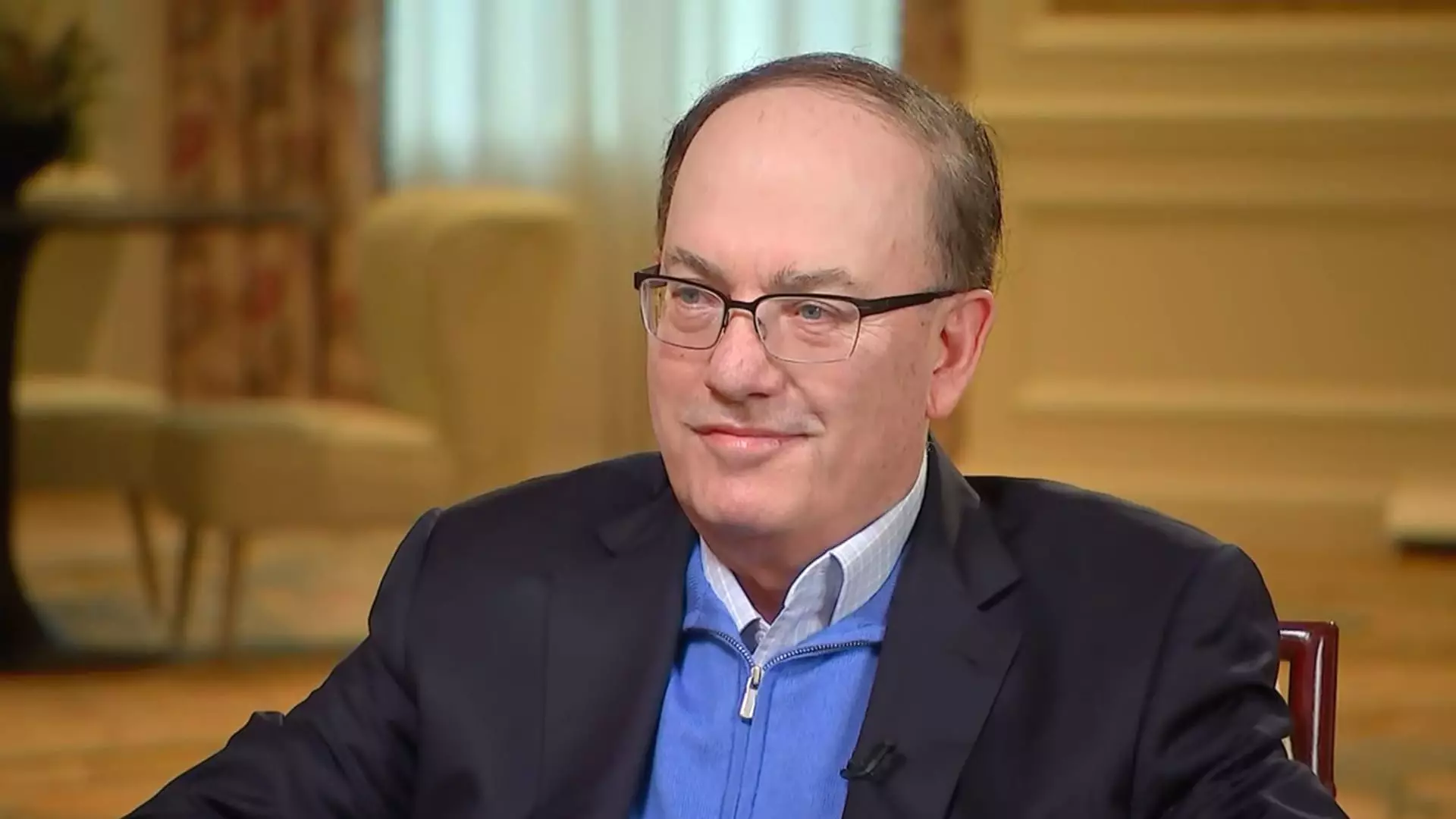Billionaire hedge fund manager Steve Cohen has recently articulated a deeply skeptical outlook on the U.S. economy, reflecting substantial concerns regarding the effects of current government policies. According to Cohen, who is at the helm of Point72 Asset Management, a slew of factors—ranging from tariffs to immigration controls—converge to create a challenging economic landscape. His observations come at a time when the United States is facing significant shifts in trade policy and government spending, particularly under the influence of President Donald Trump’s administration.
The Burden of Tariffs and Trade Policies
Cohen’s stance centers on the belief that tariffs represent a detrimental tax on both consumers and businesses. He unequivocally stated that “tariffs cannot be positive,” emphasizing the burden they place on the economy. These tariffs, designed to protect domestic industries, often carry the covert consequence of elevated prices for goods and services, thereby straining consumer spending. In this vein, Cohen’s concerns are echoed by many economists who warn that trade wars could lead to inflationary pressures that slow economic growth.
Cohen also raises the alarm about the implications of reduced immigration for the labor supply, claiming it could inhibit economic growth. As the United States sees a contraction in its workforce, the potential for increased productivity diminishes. Cohen’s comments spotlight how immigration policy not only shapes demographic trends but also has profound effects on labor force participation, which is vital for sustaining economic momentum. The compounded effects of tariffs and a dwindling workforce can create a toxic cocktail, impeding recovery and growth.
The discussion also delves into President Trump’s efforts to slash federal spending, particularly the ambitious $2 trillion reduction championed by Elon Musk’s vision for the Department of Government Efficiency (DOGE). Cohen argues that diminishing federal expenditure, which has historically flowed freely through the economy, could yield negative repercussions. When large amounts of government spending are curtailed, the resultant ripple effects can extend throughout various sectors, undermining consumer confidence and stifling economic activity.
Considering the precarious nature of the current economic situation, Cohen expresses a cautious outlook for the stock market. He anticipates a slowdown in economic growth, projecting a decline from 2.5% to approximately 1.5% in the latter half of the year. This anticipated pullback serves as a salient reminder of the volatility that characterizes investment in the current climate. Cohen encapsulates this sentiment by suggesting that the period of extraordinary gains may be drawing to a close, and a significant market correction may be on the horizon.
Steve Cohen’s insights call attention to the intertwined nature of federal policies, market dynamics, and economic viability. His perspective serves as a crucial indicator for investors and policymakers alike as they navigate the turbulent waters of the U.S. economy. As events unfold, the broader implications of these policies remain to be seen, underscoring the necessity for vigilant assessment in an ever-evolving economic landscape.

